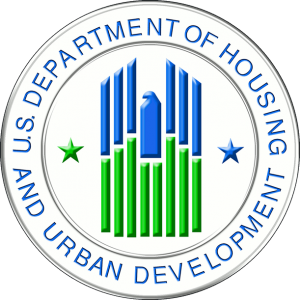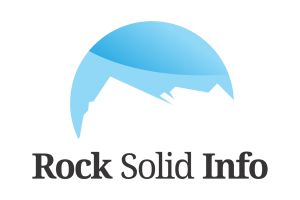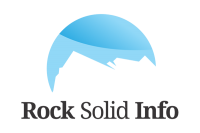FHA stands for Federal Housing Administration, and has been in place since the 1930s. The FHA’s goal is to help stimulate the housing market by making home loans accessible and affordable.

Through the FHA loan program, approved mortgage lenders are able to make loans to borrowers with a small down payment. It is intended to provide homebuyer’s financing to purchase moderately priced housing. The FHA traditional loan limit is $417,000; however, in the Washington, DC area the “High Balance” loan limit is $625,500 and in the Baltimore area the “High Balance” limit is $517,500 for 2016.
The Federal Housing Administration (FHA) is a division of HUD. The mortgage lenders which are approved by FHA are insured against loss in the event of default on those loans. The advantage to the borrower is that the lender will make the loans with a higher loan-to-value ratio (than normal conventional loan), because of the mortgage insurance.
FHA funds the insurance from a mortgage insurance premium (MIP) charged to the borrower. Most FHA mortgages require payment of an upfront mortgage insurance premium (UFMIP). For most mortgages the premium is 1.75% of the loan amount, added to the loan amount and financed. The UFMIP is nonrefundable (except to the extent that a portion may be applied to the UFMIP of another FHA-insured mortgage within three years). This premium is based on the loan program, the loan term and the loan-to-value ratio; these premiums have changed over the last few years and will probably continue to until the housing and economic issues have subsided.
The most popular of the FHA loan programs has been the 203(b) program. This program helps finance the purchase of a one- to four-unit family home which the borrower intends to occupy as his residence with a cash downpayment of 3.5% of sales price. Another popular program is the FHA 203(k) program and is used to rehabilitate properties. The downpayment can come from a gift from a relative, a government agency or a nonprofit charitable organization. The gift donor’s funds, may not be a person or entity with an interest in the sale of the property.
FHA will allow the seller to contribute up to 6% of the purchase price toward the buyer’s actual closing costs, prepaid taxes and insurance, discount points, buy down fees, mortgage insurance premiums, and other financing concessions; however, nothing can go toward the down payment. Qualification: FHA establishes (the ratios) a maximum percentage of your gross income which you can devote to your mortgage payment (31%) and towards total debt (43%).
FHA loans are an attractive option:
- Generally easier to qualify for than conventional loans.
- Lower down payment requirements.
- Credit score requirements are not as stringent
For more information please visit WWW.HUD.GOV.

